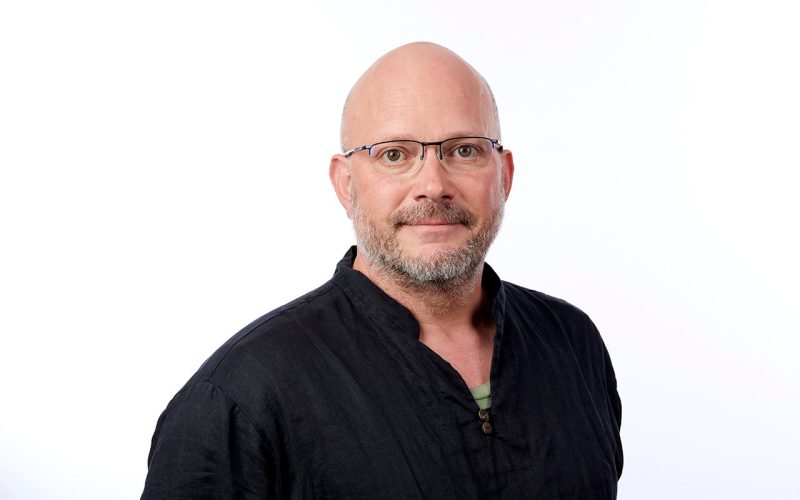Associate Professor Christopher J. Gill from the Boston University School of Public Health is invited to Utrecht to work with Louis Bont and his team. Gill: “As it turns out, RSV is a leading cause of child mortality, and since my focus is on child survival, this is an important area of shared interests. I see substantive opportunities.”
The American infectious diseases specialist will be our special guest at the Global Health WKZ-meeting on May 6th. Christopher Gill has an impressive track record and is involved in a wide variety of international research projects focusing on pediatric health care in low resource countries. “In general, I think that lack of accurate and timely information is one of the most important themes we deal with. This is itself a consequence of the lack of resources. I think that we have a rather simple view of what it means to be a low resource country and it focuses on images of certain diseases, such as malaria or malnutrition. While that is true, it misses a larger theme that the lack of resources affects almost everything” he says. “One of these, which has been of particular interest to us, is that the lack of resources limits country’s ability to map the impact of common diseases, or even to detect them in some cases.”
“I focused on global health because I was interested in opportunities to reduce child mortality in low resource settings. All of my work has been variations on this theme: improved diagnostics for pneumonia, investigations about the nature of pneumonia itself, the use of biometrics to identify children and thereby facilitate longitudinal care, and the epidemiology of pertussis and RSV and Covid in Africa.”
Gill is happy to be in Utrecht: “We are all looking for opportunities to make a difference. The specifics of our projects may differ, but they have the same goal, which is to seek ways to make things a bit better than they are now. I think the RSV work is a particularly good example of this. The Netherlands is a leader on SIDS researchers and SIDS interventions around the world. We now have the opportunity to leverage that expertise to raise awareness about this problem in a country like Zambia.”
